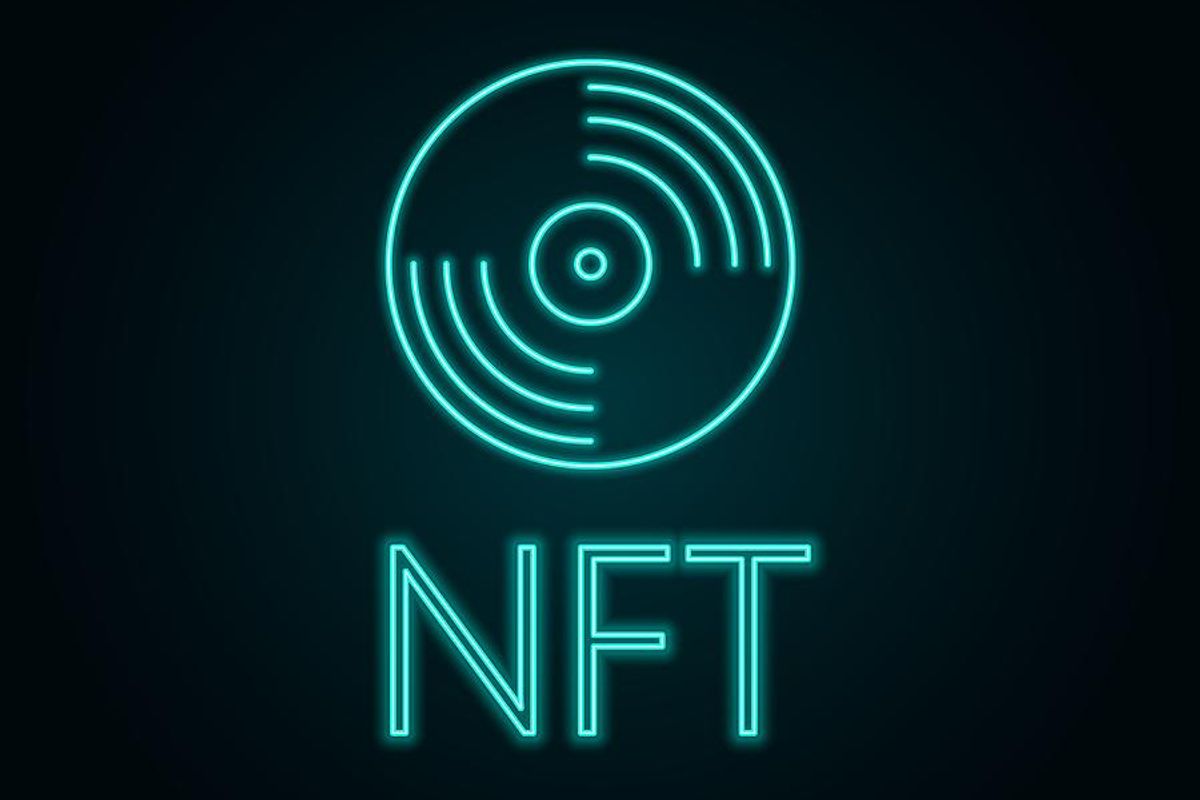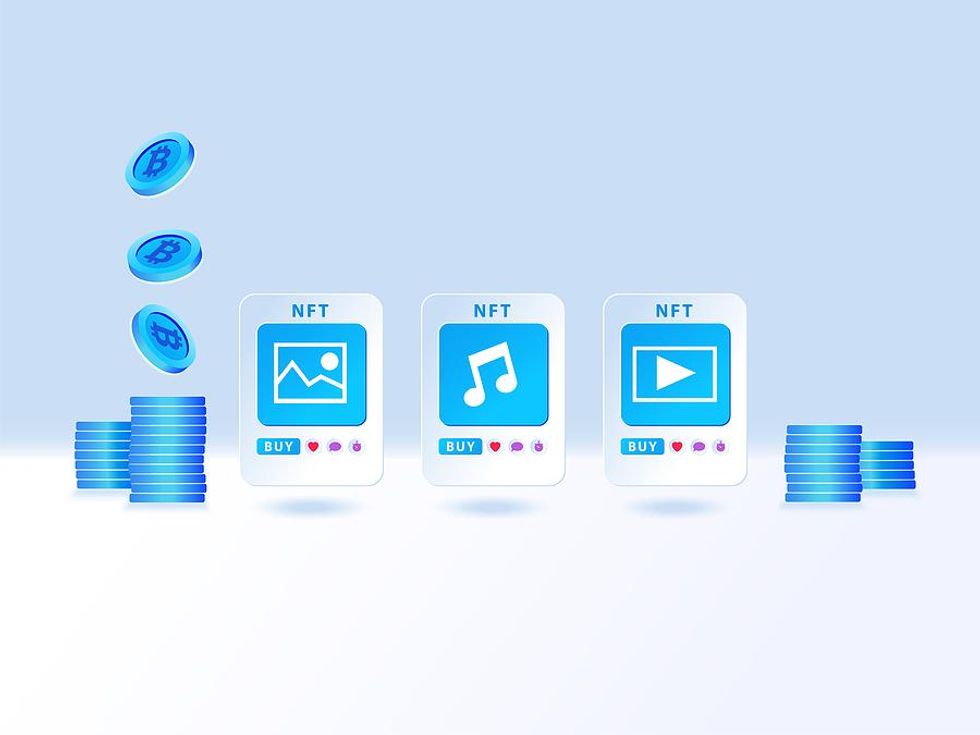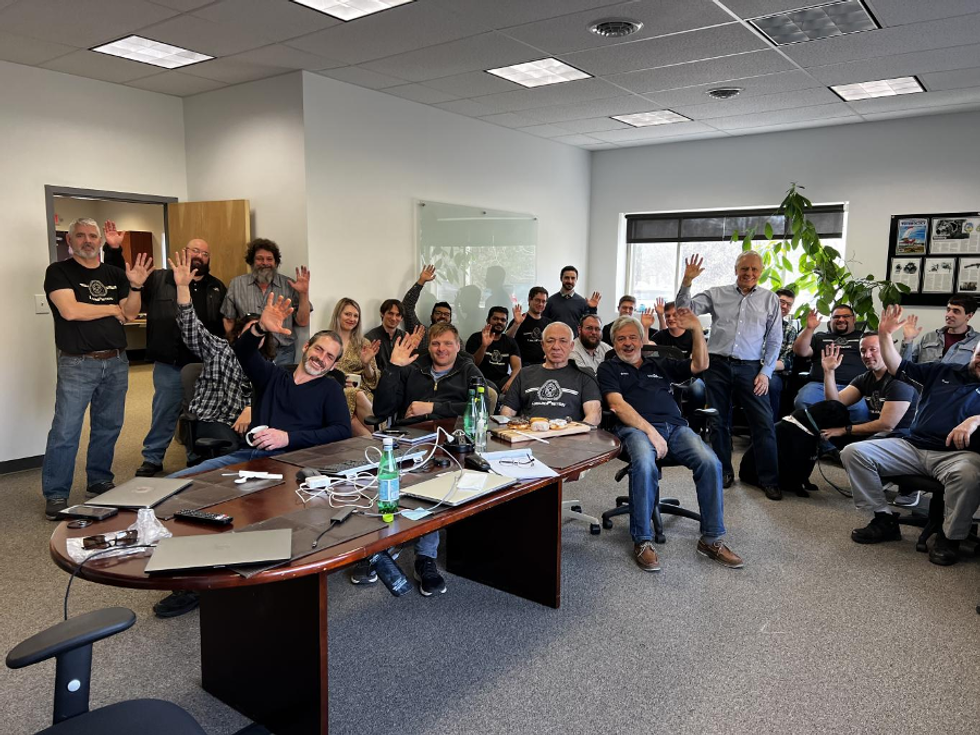3 Resume Tips To Avoid Appearing Overqualified

Even when you have the education and professional background to qualify for the job, don’t count on it as a sure win that you will be asked to come in for an interview. In fact, your qualifications may hinder your chances.
It’s very common in today’s market for employers to dismiss a job applicant’s resume because they are âoverqualified.”
Sometimes there’s an abundant supply of highly qualified candidates but not enough jobs to go around for everyone. In those cases, job seekers may resort to applying for positions where the level of expertise required on the job is below their previous position’s requirements. In addition, those making a career change often need to seek out entry-level positions, where there may be more job opportunities.
The challenge for job seekers is not simply competing with so many other applicants but finding a fine balance of information to place on their resume without coming off as overqualified. Employers are mostly concerned that, if you take a lesser position, you will leave once you find a position that is more commensurate with your skills.
Here are a few tips to help guide you in preparing your resume for the next job opportunity and avoid coming off as overqualified and ruining your chances of landing the job offer:
1. Only Include Relevant Work Experience

Focus on what the employer is looking for and show them you can do it. If some of your management experience is not a part of their job description, then don’t mention it. This tip is especially critical for applicants moving from one career to another.
For instance, if you had your own mortgage or construction firm and are now just looking for a sales job, just speak to your experience driving sales. You can also change your title from “Owner” to “Sales Manager.” As you list your professional experience, be sure to quantify your sales results.
2. Only Highlight Necessary Degrees

Many of today’s positions require candidates to have a bachelor’s or master’s degree. If you continued to pursue education to obtain other degrees, earning you the title of Ph.D., M.D., or others, don’t be so quick to include that information on your resume.
You have to ask if it is at all relevant to the job you are applying for. It’s great if you moved on to obtain your Ph.D. in neuroscience, but if the employer’s business and the job is focused on finance and accounting for toy manufacturing/distribution, your additional education will be of little relevance and may sway an employer to reconsider whether you are right for the position.
3. Explain Why You’re The Right Candidate
Write a disruptive cover letter that tells a story about why you’re passionate about the position, how you feel a connection to the company, and how your experience, skills, and talent make you the right fit. If there’s a chance your resume comes off as overqualified, even after following the tips above, make sure to provide sufficient explanation in your cover letter.
Give the employer confidence that you are challenged by the opportunity and will be there a year from now. The employer needs to know that you are not simply taking the job because you can’t find anything better. They also need to be assured you aren’t going to be quick to run off to another job as soon as the market improves or another opportunity opens up that is more in line with your level of experience from your previous positions.
Your resume is a marketing tool to help get your foot in the door for an interview. Placing too much information or irrelevant information will only give the employer more reason to dismiss you. Carefully review the job posting and do your research to really understand what skills and experience are desired for the position so that you present your resume and qualifications in the best light. Not everything you’ve accomplished, regardless of how significant it is, is appropriate to include on your resume.
Need more help optimizing your resume? We’re here for you!
We’d love it if you joined our FREE community. Itâs a private, online platform where workers, just like you, are coming together to learn and grow into powerful Workplace Renegades. More importantly, we have tons of resources inside our community that can help you write your resumeâthe right way.
It’s time to find work that makes you feel happy, satisfied, and fulfilled. Join our FREE community today to finally become an empowered business-of-one!
This article was originally published at an earlier date.









































